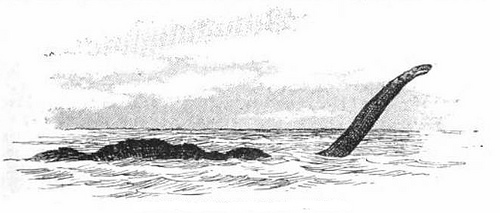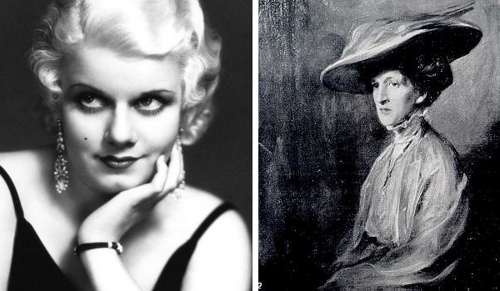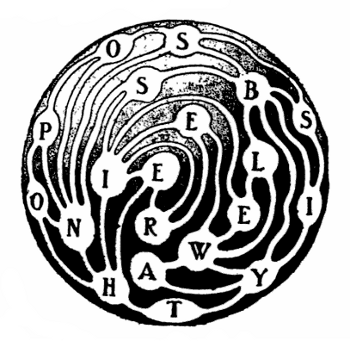
Passing south of the Canary Islands on Dec. 4, 1893, the S.S. Umfuli passed “a monster fish of the serpentine shape, about 80 feet long, with shining skin, and short fins, about 20 feet apart, on the back; in circumference, about the dimensions of a full-sized whale.”
Neither captain R.J. Cringle nor his crew had ever seen anything like it, but they were certain of what they saw. The sea was like a mirror, “and this thing, whatever it was, was in sight for over half an hour.”
Cringle said it was rushing through the water at great speed, throwing water from its breast, and he saw fully 15 feet of its head and neck on three separate occasions. The body, which was not scaly, showed three distinct humps and was much thicker than the neck: “I should not, therefore, call it a serpent.” The Umfuli’s log shows that the chief officer observed the creature through his glass and saw an enormous mouth with great rows of teeth.
“I have been so ridiculed about the thing that I have many times wished that anybody else had seen that sea-monster rather than me,” Cringle said. “I have been told that it was a string of porpoises, that it was an island of seaweed, and I do not know what besides. But if an island of seaweed can travel at the rate of fourteen knots an hour, or if a string of porpoises can stand 15 feet out of the water, then I give in, and confess myself deceived. Such, however, could not be.”









